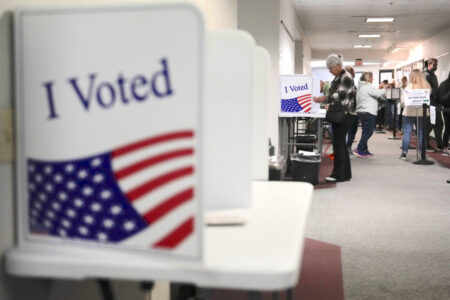Our opinion: COVID fraud a lesson in free money
Reducing the national debt, even just a little.
Providing working-class families with tax relief.
Providing the men and women enlisted in our armed services with a pay increase.
Increasing the reservoir of funding for Social Security benefits to mitigate its fast-approaching depletion.
These are just a few of the ways the more than $200 billion in COVID-19 aid the inspector general of the U.S. Small Business Administration says was stolen or misappropriated could have been spent.
According to an Associated Press report in Wednesday’s Sun-Gazette, “at least 17 percent of all COVID-EIDL and PPP funds were dispersed to potentially fraudulent actors,” the inspector general’s report claims.
The U.S. Labor Department’s inspector general reports that at least $76 billion in unemployment assistance was lost to fraud. An additional $115 billion mistakenly went to people who were ineligible for the aid.
We are only marginally reassured that as this data came to light, the Biden Administration ramped up anti-fraud efforts. While increasing resources for law enforcement to investigate COVID-19 assistance fraud and the creation of a comprehensive data hub to catalog potential recipients who shouldn’t receive the assistance are good measures, in the face of hundreds of billions of dollars lost to such fraud they seem exceedingly late and inadequate.
We certainly do not find the efforts of Gene Sperling, a senior White House adviser, to downplay how extensive he says the figures ultimately lost to fraud will be to be reassuring at all.
At this juncture the American taxpayer deserves a White House that takes the possibility of fraud and waste seriously, not one concerned with haggling over $200 billion or $100 billion to save face.
We hope our lawmakers, officials and voters can learn a valuable lesson about the limitations of big government in responsible fiscal stewardship.
We certainly hope voters learn a lesson about the resistance of many politicians and their staffers to accepting responsibility — a vital first step in correcting problems.
At either $100 billion or $200 billion, we are skeptical that our nation can afford to not learn any lessons from this waste.

